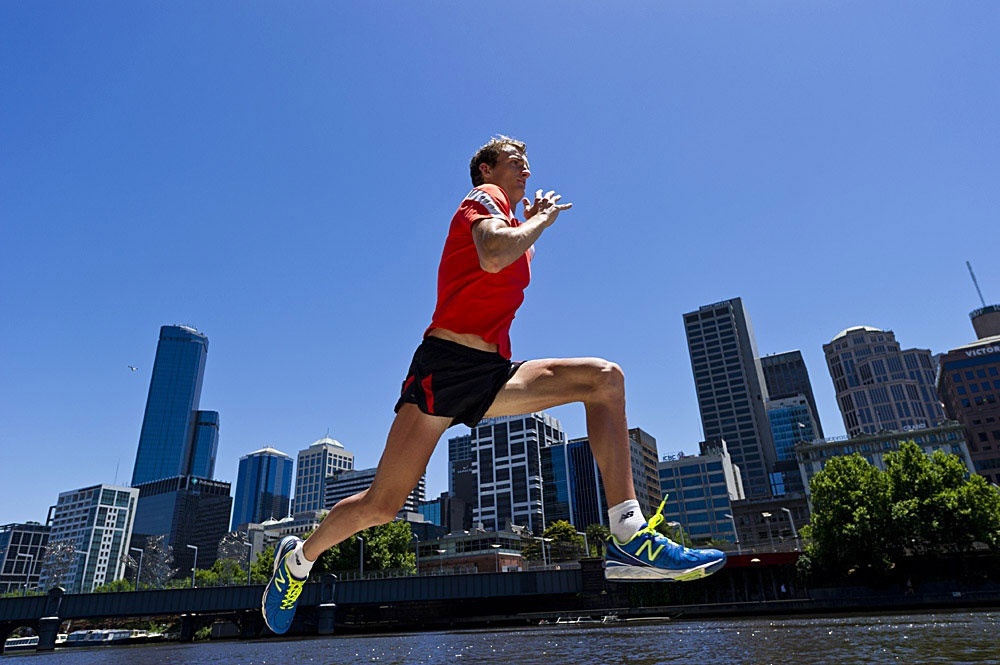My second sports nutrition session with Ryan Jackson was all about sports supplements and how they can aid you in training and competition. Like my last blog, a lot of this info will not be new to many of you. What I aim to do, however, is share my experiences with the products and let you know if they have worked for me. Ryan and I focused on 3 specific supplements – caffeine, beta-alanine and beetroot juice – and weighed up the pros and cons of each using the AIS nutrition website as a guide.
Caffeine
Caffeine is a “class-A” supplement on the AIS website. This means that caffeine has been shown to benefit performance though specific scientific testing. If used correctly, and in the right sports, caffeine is thought to be a powerful supplement. Lucky for us, middle/long distance running is one of those sports that benefits from its use.
Pros:
While the exact mechanism of how caffeine is beneficial to performance is contentious, it is thought that caffeine has many sites of action within the body that aid performance for the distance runner. The main benefits of note are that it may increase the contractility of muscle, decrease the perceptions of effort and fatigue while increasing the release and activity of adrenalin.
Cons:
Higher doses of caffeine can impair performance by increasing heart rate, impairing fine motor control and technique, and result in anxiety or “over-arousal”.
Protocol:
The hard thing with caffeine is figuring out the dose that is right for you. There is a lot of dispute about the best way to take caffeine, how much to take, and how long before a race should you do so. Traditionally, athletes would take up to 6mg/kg of body weight 1 hour before a race, however, it is now known that this dose is probably excessive. Also, the benefits of caffeine start very soon after ingestion so a 1hr pre-exercise consumption is not necessary. With this in mind, 1-3mg/kg of body weight anytime within the hour up to your race is now the recommendation.
Personally, my experiences with taking caffeine prior to races have been terrible. On numerous occasions I have been on the start line feeling very lightheaded and weak after taking a few No-Doz tablets. Thinking back on these situations though, I was probably taking too much. This season, I will experiment at training using smaller doses and see how I handle the change.
Beta-Alanine
This is a “class-B” supplement of the AIS website. This means that it is a supplement of potential benefit to performance and deserves further research and consideration for use in athletes. The theory behind the use of beta-alanine is that it makes our body less susceptible to the effects of lactic acid during high intensity activity. The science behind this is complicated, but it all centres around the creation of one compound called carosine. Carnosine is found in high levels in muscles and is known to provide 10% of the body’s ability to buffer lactic acid. What is interesting, is that carnosine is not at maximal levels in most people which means there is room for the body to make more. In order to make more, you need beta-alanine – and hence the reason for beta-alanine supplementation.
Pros:
Good theory and some evidence that beta-alanine works for lactic acid dependent sports.
Perhaps a good alternative to taking a heap of bicarbonate tablets if that’s what you do
Cons:
No definitive evidence that it works and the long term effects of beta-alanine have not been studied. Also, the main side effect is a transient tingling sensation in the skin that last for 10 or so minutes after taking a dose.
Protocol:
Studies have shown that supplementation with 5g/day of beta-alanine can increase muscle carnosine levels by 80% after 10 weeks. It is thought that the best way to do this is to split the dose up to 2.5g twice per day (or smaller doses if you can remember to take it 3 or 4 times a day) so that you don’t experience the side effects of tingling.
Personally, this is by far my favourite supplement. I believe that it works, particularly helping my ability to finish a race strong. Because the long term effects have not been studied, I only start taking beta-alanine 3 months out from my peak competition and once I’m done with that, I stop. However, I do know other athletes that choose to take it all year round.
Beetroot juice
Another “class-B” supplement as listed by the AIS, beetroot juice is used due to its extremely rich source of nitrate. Nitrate and its breakdown product, nitric oxide, are thought to reduce the oxygen cost of exercise and thereby enhance endurance exercise capacity and performance.
Pros:
Promising studies indicate that it is useful for activities over 4min in duration
Cons:
The long term effects have not been well studied and, like anything, there are side effects. With respect to beetroot juice, large doses may cause gastrointestinal discomfort.
Protocol:
A good dose to try is 300mg of nitrate provided by a single serve of beetroot juice about 2 hours before competition.
Personally, I have never tried beetroot juice to before any of my races but I do know of a few athletes taking it. This coming season, it will definitely be something I give a try at training first and then in competition.
If you need any extra information on any of these supplements, or many others, jump onto the nutrition page of the AIS and have a look at the database they have put together. It is a very informative read if you haven’t had a look before.
Johnny



